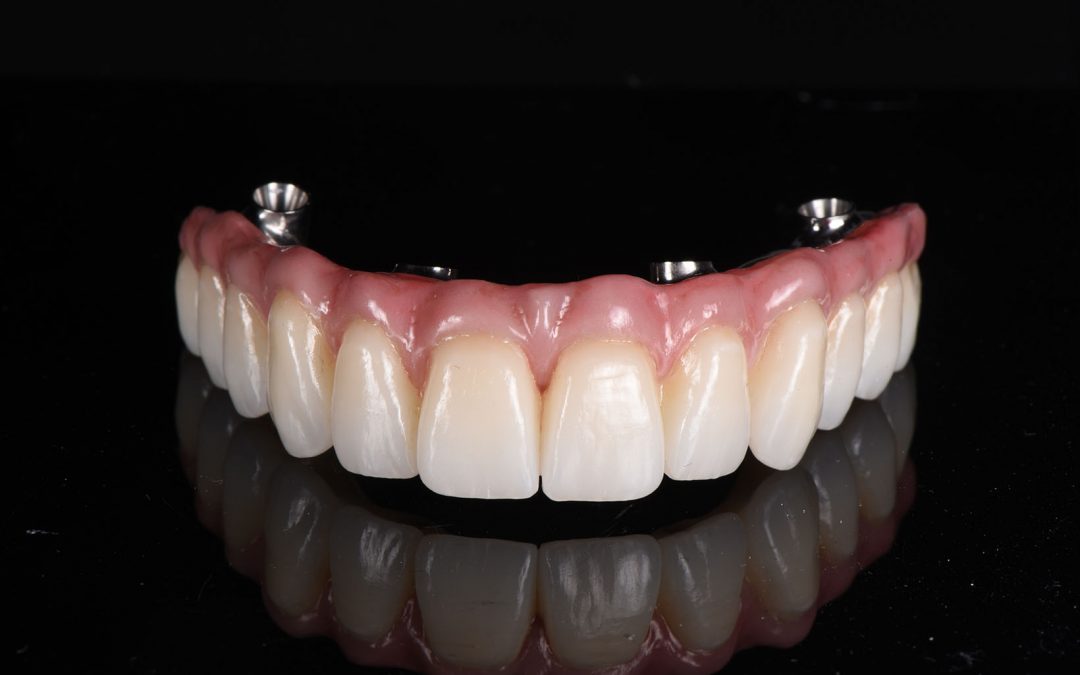In the realm of modern dentistry, All On 4 Dental Implants have gained significant popularity for their ability to restore smiles and improve oral health. However, like any medical procedure, there are potential risks and failure rates associated with All On 4 Dental Implants. In this comprehensive guide, we will delve deep into this topic, shedding light on the factors that influence the success or failure of these implants.
Before we explore the failure rates and risks, let’s understand what All On 4 Dental Implants are.
This revolutionary dental procedure is designed to replace missing teeth using just four implants per arch.
It offers a more cost-effective and efficient solution compared to traditional implant methods, making it an attractive option for many patients.
Factors Influencing Failure Rates
Implant Placement
The success of All On 4 Dental Implants largely depends on the precise placement of the implants. Experienced oral surgeons carefully evaluate bone density and anatomy to ensure optimal positioning. Any deviation from this meticulous approach can increase the risk of failure.
Bone Quality and Quantity
Adequate bone support is essential for the stability of dental implants. Patients with compromised bone density or insufficient bone volume may face a higher risk of implant failure. Fortunately, bone grafting procedures can often address these issues. As a further expansion, the emerging All On 4 Plus addresses these concerns better than its predecessor.
Patient Health
The overall health of the patient plays a crucial role. Chronic illnesses, such as uncontrolled diabetes or autoimmune disorders, can hinder the body’s ability to heal and integrate the implants. Therefore, it’s essential for patients to be in good health before undergoing this procedure.
Oral Hygiene
Maintaining proper oral hygiene is paramount for the long-term success of All On 4 Dental Implants. Neglecting oral care can lead to infections and complications, increasing the risk of implant failure.
Are Failure Rates & Risks Something to Dwell On?
Now that we’ve discussed the key factors influencing implant success, let’s delve into the failure rates and associated risks.
All On 4 Dental Implants have shown a relatively high success rate, with many patients enjoying restored function and aesthetics for years. However, it’s crucial to acknowledge that there is no medical procedure without risks. Here are some potential complications:
Implant Osseointegration Failure: In some cases, the implants may not properly fuse with the bone, leading to instability and potential failure. This can occur due to various factors, including infection or poor bone quality.
Infection: Like any surgical procedure, there is a risk of infection. Patients must follow post-operative care instructions diligently to minimise this risk.
Implant Fracture: Although rare, implant fracture can occur due to excessive force or trauma. This emphasises the importance of gentle care and avoiding behaviours that may compromise the implants.
Prosthetic Issues: The prosthetic teeth attached to the implants may experience wear and tear over time. Regular check-ups and maintenance are essential to address these issues promptly.
Frequently Asked Questions About All On 4
Q: Are All On 4 Dental Implants suitable for everyone?
A: While they are a viable option for many, individual suitability depends on various factors. Consultation with an experienced oral surgeon is crucial to determine eligibility. Of course you need the funds and you might think they’re only for the wealthy but there are many payment plans available nowadays to help you get the job done, then pay it off later.
Q: What is the typical recovery time after the All On 4 procedure?
A: Recovery time varies from patient to patient but generally ranges from a few days to a few weeks. Your surgeon will provide personalised guidance.
Q: Can All On 4 Implants be done on both upper and lower arches?
A: Yes, All On 4 Implants can be used to restore both upper and lower arches, providing comprehensive dental rehabilitation.
Q: Is the procedure painful?
A: Local anaesthesia is used during the procedure, minimising pain. Patients may experience some discomfort during the initial recovery period.
Q: How long do All On 4 Dental Implants last?
A: With proper care, All On 4 Dental Implants can last for many years, often decades.
Q: Are there any dietary restrictions after the procedure?
A: Initially, a soft diet is recommended to allow for proper healing. Your surgeon will provide dietary guidelines tailored to your specific case.
The Plusses Outweigh The Minuses
All On 4 Dental Implants offer a promising solution for individuals seeking to restore their smiles and regain oral function. While they come with risks, the potential benefits are substantial. To minimise the failure rate and maximise the chances of success, it’s essential to choose a skilled oral surgeon and adhere to post-operative care instructions.
In this article, we’ve explored the factors that influence the success of All On 4 Dental Implants and discussed the associated risks.
By understanding these aspects, individuals can make informed decisions about their dental health.

